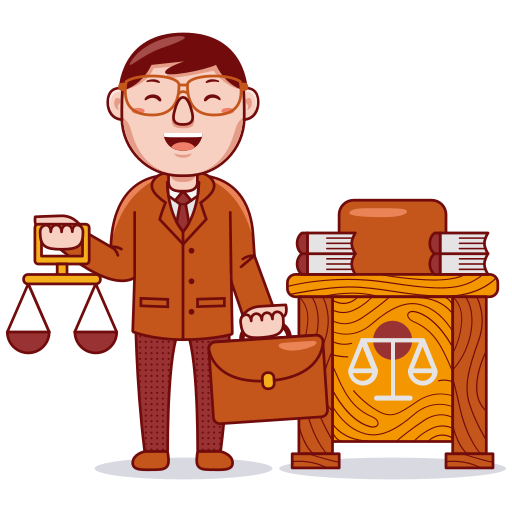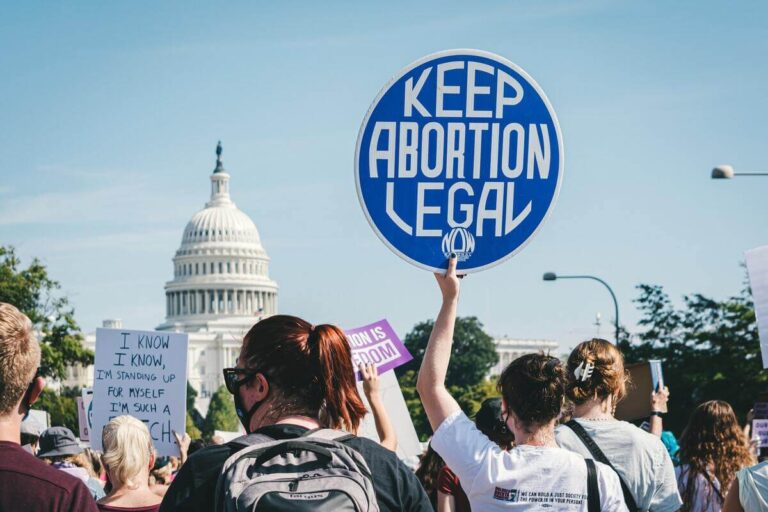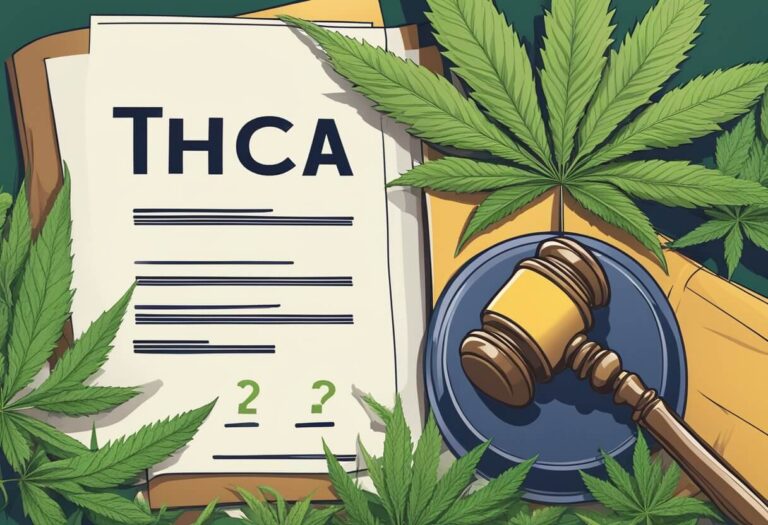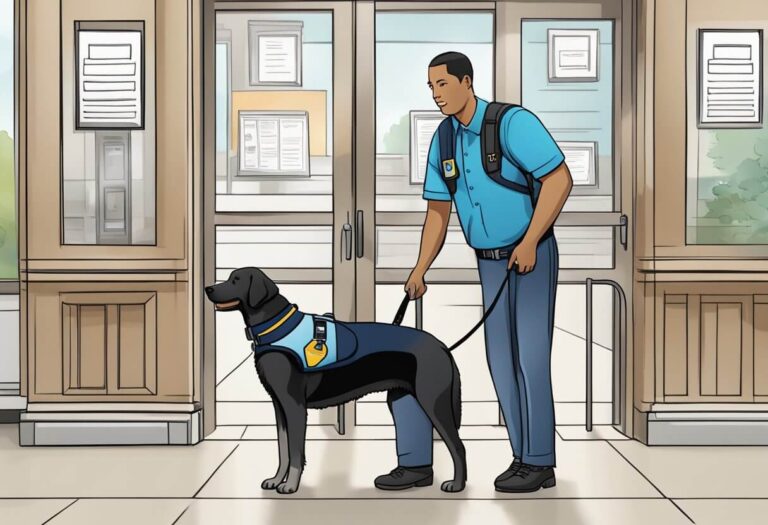Is Ketamine Completely Legal for Therapeutic Use? Answered
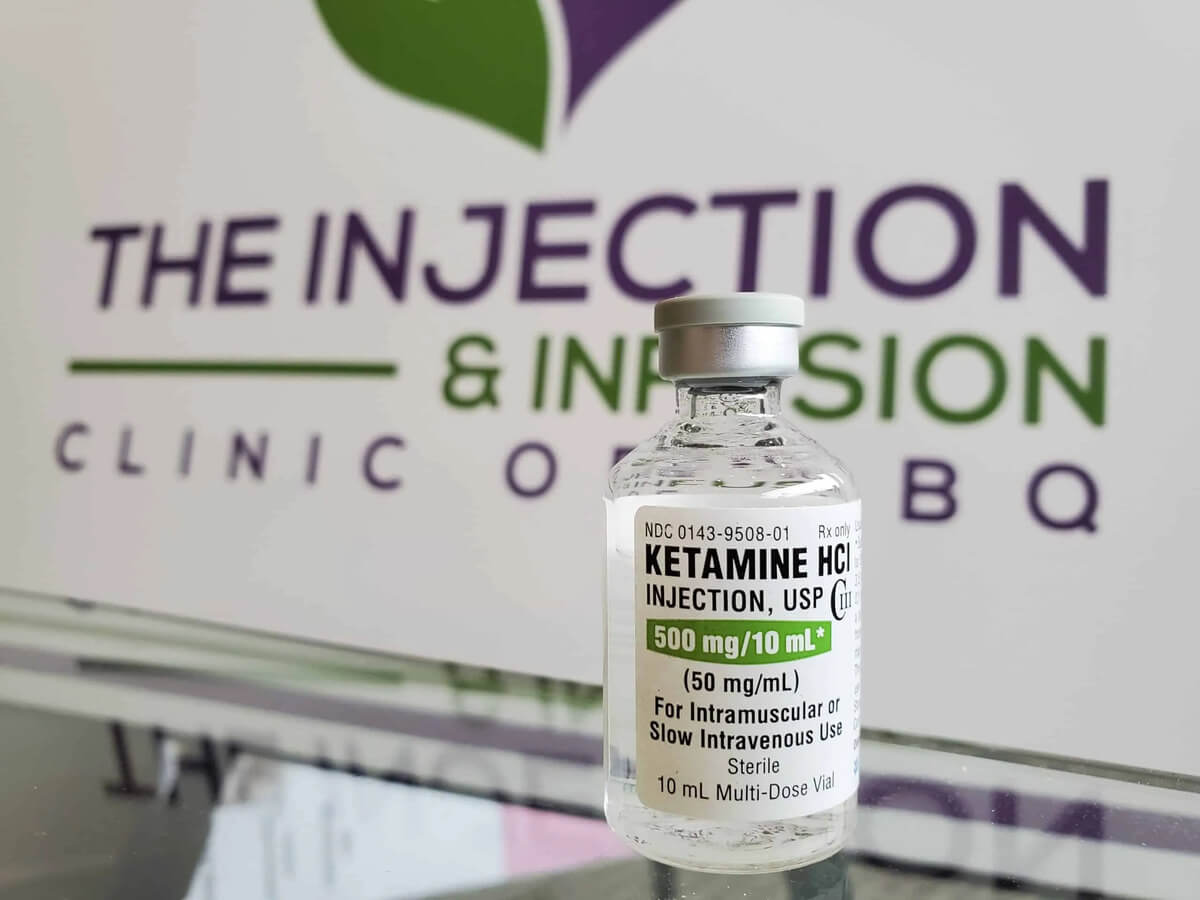
Ketamine has rapidly grown from a niche treatment to a mainstream therapy option for several mental health conditions. With increased usage comes more public curiosity about ketamine’s legal status. Given ketamine’s history as an anesthetic and “club drug,” is ketamine legal for medical purposes?
Yes, ketamine is legal in the United States and many other countries when prescribed by licensed medical professionals. Ketamine has approval for uses like anesthesia and pain relief, but is also increasingly prescribed “off-label” to treat psychiatric disorders.
This in-depth guide will cover all aspects of ketamine’s legal status, from approved medical applications to illegal recreational use. We’ll clarify usage regulations, analyze ketamine clinic laws, overview the FDA approval process, and more. By the end, you’ll understand exactly when and how ketamine usage is legal.
What is Ketamine and What Are Its Medical Uses?
Ketamine is a dissociative anesthetic medication first synthesized in 1962. Due to its pain relieving and mind-altering qualities, ketamine has had several medical applications over the past 50+ years:
- Approved anesthetic: Ketamine was FDA-approved in 1970 for inducing sleep/unconsciousness during surgery or other medical procedures that require anesthesia. It is widely used before surgery today.
- Psychiatry: At low (“sub-anesthetic”) doses that don’t sedate patients, ketamine has rapid antidepressant qualities. It’s increasingly used to treat major depression, bipolar disorder, PTSD, and suicide ideation.
- Off-label uses: Beyond approved applications, ketamine is also prescribed by doctors “off-label” for chronic pain relief, anxiety disorders, OCD, and more. The FDA acknowledges extensive medical research showing ketamine’s therapeutic effects for various conditions.
So in short – yes, ketamine is legally allowed for medical purposes in the US and internationally. But how is it actually regulated by authorities?
How is Ketamine Classified and Regulated in the US?
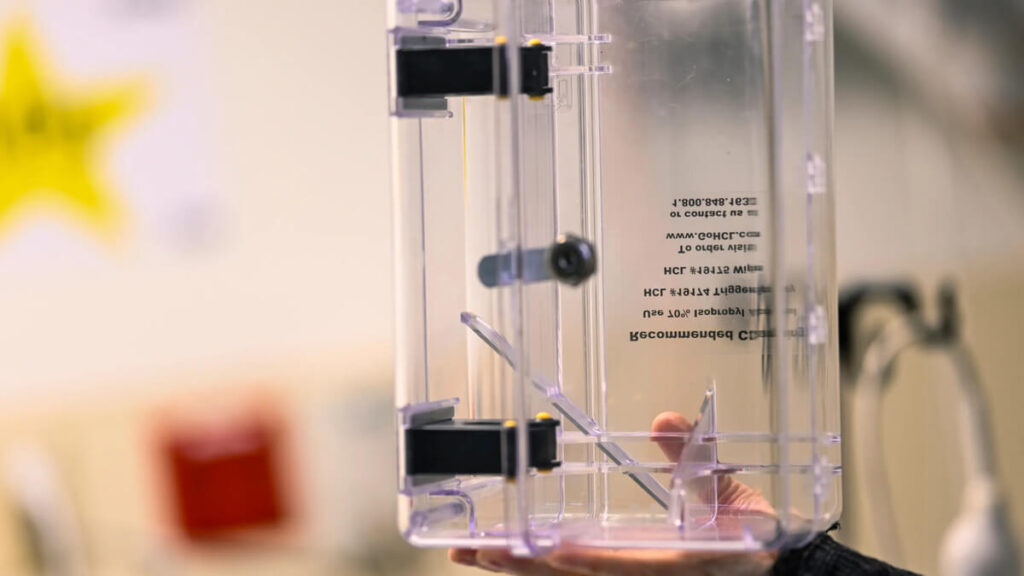
In the United States, ketamine oversight falls under two main federal agencies:
The FDA Approval Process
The Food and Drug Administration (FDA) reviews clinical trial data and approves medications & medical devices. They have authorized ketamine as an anesthetic since 1970.
In 2019, the FDA also approved esketamine – a ketamine nasal spray specifically to treat severe depression. Esketamine brand name Spravato can only be administered under medical supervision.
The FDA process ensures medications reaches safety & efficacy standards for their intended uses before doctors can prescribe legally.
DEA Scheduling & “Off-Label” Use
The DEA (Drug Enforcement Administration) then schedules each approved drug into one of five classes, ranging from illegal (Schedule 1) to lowest abuse potential (Schedule V). Ketamine falls under Schedule III.
Compared to Schedule I & II drugs like heroin or fentanyl, Schedule III designation means ketamine has an accepted medical use, low-to-moderate physical dependence risk, and some potential for abuse.
Doctors can legally prescribe Schedule III medications like ketamine “off-label” – for unapproved conditions outside the FDA indications. Off-label usage must still meet medical standards of care.
This combination of FDA approval and DEA scheduling is how U.S. agencies balance ketamine’s medical value and abuse risks. But what constitutes legal vs illegal use in practice?
When is Medicinal Use of Ketamine Legal?
Prescription ketamine is legally allowed in the following medical contexts:
- In healthcare facilities: Administered by anesthesiologists, pain specialists, psychiatrists, etc for approved procedures (anesthesia), off-label treatment of mood disorders, chronic pain, etc.
- Ketamine clinics: Specialized clinics provide intravenous (IV) ketamine infusion therapy for depression, PTSD, OCD, chronic pain, and more psychiatric conditions. Clinics require licensing and physician oversight.
- Offices of licensed providers: Psychiatrists, pain management specialists, etc with expertise in ketamine therapy.
- At-home use: Oral ketamine tablets or lozenges prescribed for at-home use is legal under licensed provider supervision. However, health professionals have raised safety concerns around the growing Telehealth model for ketamine.
In all contexts above, the licensed prescribing doctor is legally responsible for ensuring medically-appropriate ketamine use only.
Recreational use without a prescription remains unconditionally illegal (see below section for details).
Ketamine Clinics: Are They Legal and How Are They Regulated?

The rapid growth in popularity of ketamine clinics and infusion therapy warrants a special look at their legal standing.
Licensed physicians can legally provide ketamine treatments for psychiatric disorders, chronic pain, opioid addiction, and more at clinics.
However ketamine itself is still an “off-label” therapy without formal FDA approval for these uses. So what restrictions do ketamine clinics face?
Regulations Around Operating Ketamine Clinics
Ketamine clinic regulations mostly arise from state-level medical oversight laws:
- Licensing: Clinics must comply with state facility operation and medical licensing requirements. For example in California under AB-1519.
- Physician involvement: States often require clinics to appoint a medical director to oversee treatment practices. Some rural exemptions allow other providers (ex PAs) to administer ketamine without an on-site MD.
- Record-keeping: Detailed patient records, medication logs, prescriber documentation etc enable compliance audits and prevent diversion of controlled substances.
- DEA oversight: As a Schedule III drug with abuse potential, the DEA monitors ketamine distribution from manufacturer down to clinics. Prescribing physicians require DEA registration.
Proper licensure and protocols ensure clinic safety. But ownership restrictions in certain states also affect business models, as discussed next.
The Corporate Practice of Medicine Doctrine
An additional legal consideration for clinics is state-level Corporate Practice of Medicine (CPOM) laws.
The CPOM doctrine aims to prevent business corporations from profiting directly from clinical medical practice. In CPOM states, ketamine clinics can ONLY legally be owned by state-licensed medical professionals.
So for example, entrepreneurs or venture capital firms seeking to open ketamine clinics in CPOM states would need to partner with physician investors. States like Texas and California have more restrictive CPOM laws, complicating outside investment into clinics.
This landscape has led to creative “management services organization” business structures to enable clinics in CPOM states while complying with laws. But regulations continue evolving quickly alongside the ketamine industry growth.
Has the FDA Approved Ketamine Treatments?
As mentioned earlier, the FDA has officially approved two ketamine-based medical products:
- Ketamine itself as an injectable anesthetic – Approved 1970
- Esketamine nasal spray (under brand name Spravato) – Approved 2019
Esketamine for depression was a breakthrough as the first new antidepressant mechanism approved in 60 years.
However, Spravato is only allowed under strict administration protocols. The FDA considers esketamine to have abuse potential, so patients must take doses in-office under medical supervision and cannot take it home.
Critics argue wider access to ketamine is justified by extensive scientific research on benefits beyond anesthesia. But FDA approval sets a very high bar through multi-year double blind placebo controlled trials.
Gaining additional FDA approved indications takes substantial investment that pharmaceutical companies have little incentive to spend on an inexpensive generic drug like ketamine.
So formal FDA approval lags behind current medical consensus on ketamine therapy benefits. In the meantime, legitimate “off-label” use thrives in clinics globally. Canada, the UK, and EU have similar independent processes to regulate medications post-clinical trials.
But illegitimate non-medical use remains a global law enforcement issue, as the next section covers…
When is Recreational or Non-Medical Use of Ketamine Illegal?
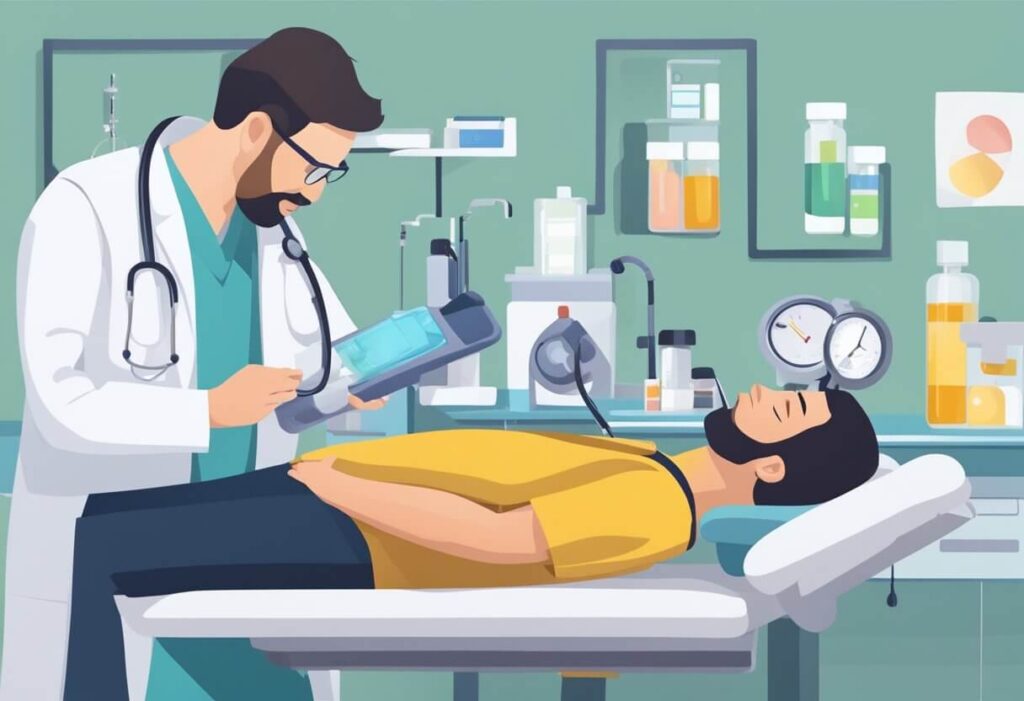
Given ketamine’s mood-altering and dissociative effects at high doses, there is potential for abuse.
For these reasons, national regulatory bodies like the DEA and UN strictly designate recreational ketamine as federally illegal. Global law also prohibits distribution or use without a valid medical prescription.
Some examples of illegal (“non-medical”) and unregulated ketamine use includes:
- Buying ketamine without a prescription for personal use
- Non-medical use to get high or induce psychedelic effects (“Special K”)
- Distributing or supplying the drugs illicitly
- Illegal manufacturing / importing / exporting
Note that illegitimate “clubs” or “retreats” offering ketamine experiences without medical oversight are also subject to prosecution and severe penalties by the DEA.
Unlike Psilocybin mushrooms in low doses, ketamine has no legal recreational allowance in any country currently.
In the United States, ketamine-related offenses may include:
- Federal trafficking charges for illegal distribution
- Unlawful possession
- Substantial criminal fines up to $500,000+ and prison time
- Other drug offenses under state laws
Despite legitimate therapeutic medical benefits, ketamine regulations still aim to prevent risky unsupervised use given public health concerns.
International Perspective: Ketamine Laws in Other Countries
Ketamine’s legal status for medical vs. recreational use has many similarities globally:
- Medical setting use – Legal in the UK, Canada, Europe and Australia. Ketamine is widely used by anesthesiologists and psychiatrists in hospitals.
- Clinics – Availability of private commercial ketamine clinics varies regionally based on healthcare regulations. Approval processes for “off-label” depression therapy differs.
- Non-medical use – Recreational ketamine is universally illegal internationally. Enforcement approaches & penalties vary.
One key difference is more relaxed direct patient access in some regions. For example in the Netherlands, addicts can legally obtain medical-grade ketamine for personal use through special clinics. This aims to provide a safe supply alternative to problematic illegal street drugs.
Ketamine regulations continue evolving worldwide. But medical and legislative guidance increasingly recognizes ketamine’s immense potential value for mental health.
The Future of Ketamine: Increasing Access While Ensuring Safety
In recent years, numerous institutions like the American Psychiatric Association have called for expanded medical access to ketamine therapy for mood disorders, while tighter control on illicit use.
The reasons are clear:
- For treatment-resistant depression, ketamine has demonstrated remarkable remission rates in trials when other drugs, therapy, and ECT have failed. It quite literally saves lives.
- In special cases like suicidal ideation, ketamine works significantly faster than existing antidepressants, helping mitigate imminent risk.
- Beyond depression, research has found promising anxiety, OCD, and addiction treatment potential.
Balanced against risks of misuse, experts argue appropriately-screened patients should have greater prescribing access.
However the largest barriers are education gaps among psychiatrists about ketamine therapy, insurance coverage limitations, and affordability issues for uninsured low-income patients.
Addressing these barriers could enable ethical life-changing treatment while curtailing illegal recreational use.
Conclusion and Takeaways Regarding Ketamine Legality
In summary:
- Ketamine has legal medical applications for anesthesia, depression, chronic pain, and other psychiatric conditions when prescribed by a licensed medical professional.
- Recreational use is strictly prohibited by law. Ketamine remains a controlled substance with clinical administration protocols and distribution safeguards.
- Increasing medical consensus on ketamine therapy benefits has not yet translated fully to standard FDA approval, insurance coverage, and accessibility.
- Regulatory reform is still needed to harness ketamine’s immense promise for treating widespread, disabling mental health disorders. Access must be balanced carefully with responsible safeguards.
So while ketamine’s path from operating rooms to infusion clinics has had twists and turns, legitimate medical allowance under physician guidance is well-established in the US and internationally.
With thoughtful expanded access models, ketamine’s legal status in psychiatry seems destined to grow as research unlocks more of its therapeutic mechanisms. That bodes well for treatment-resistant patients needing new options for lasting relief.
